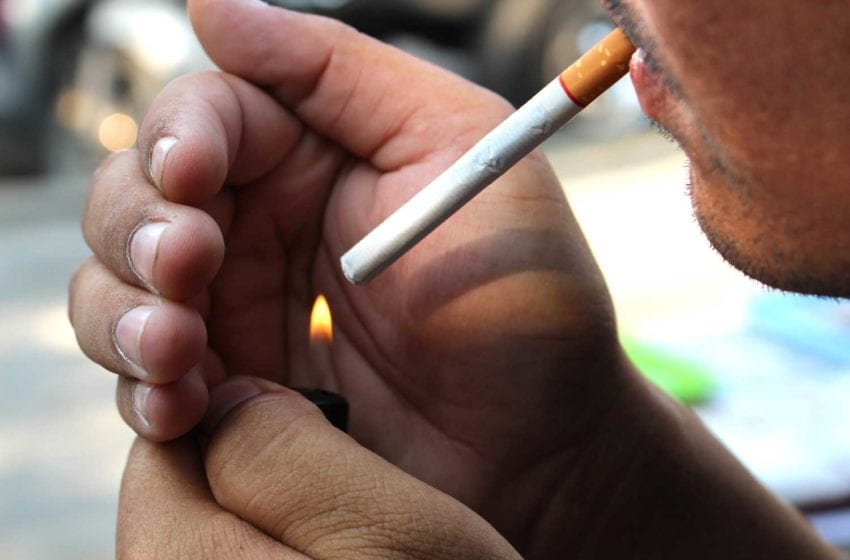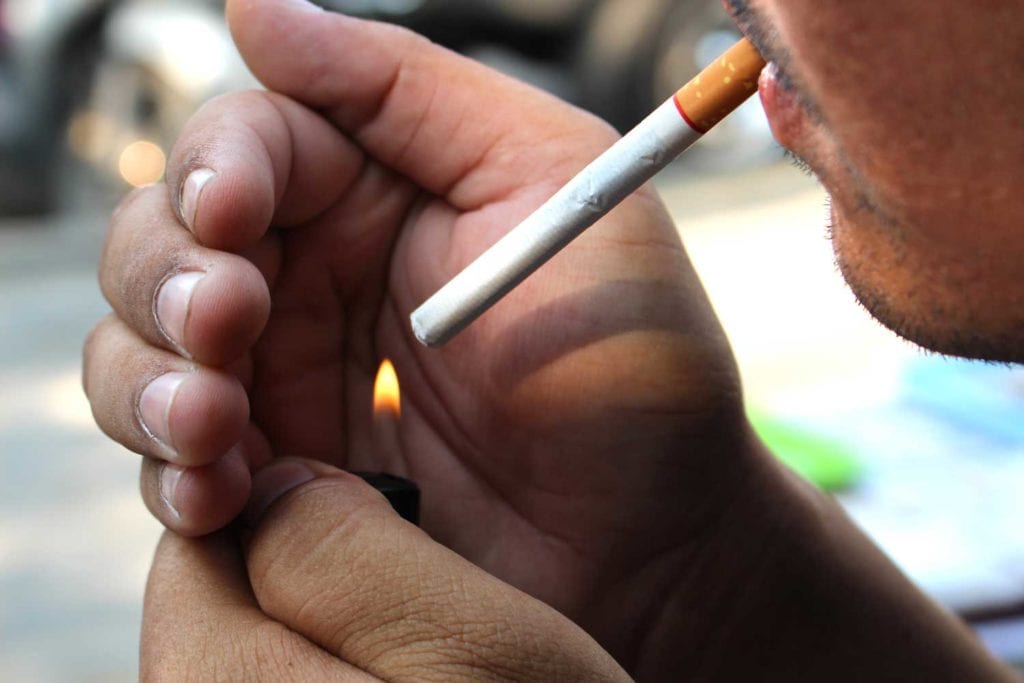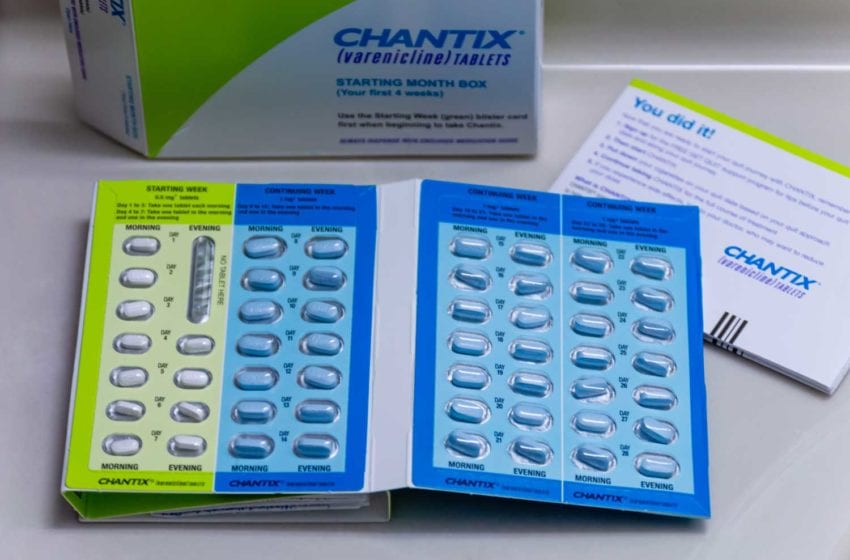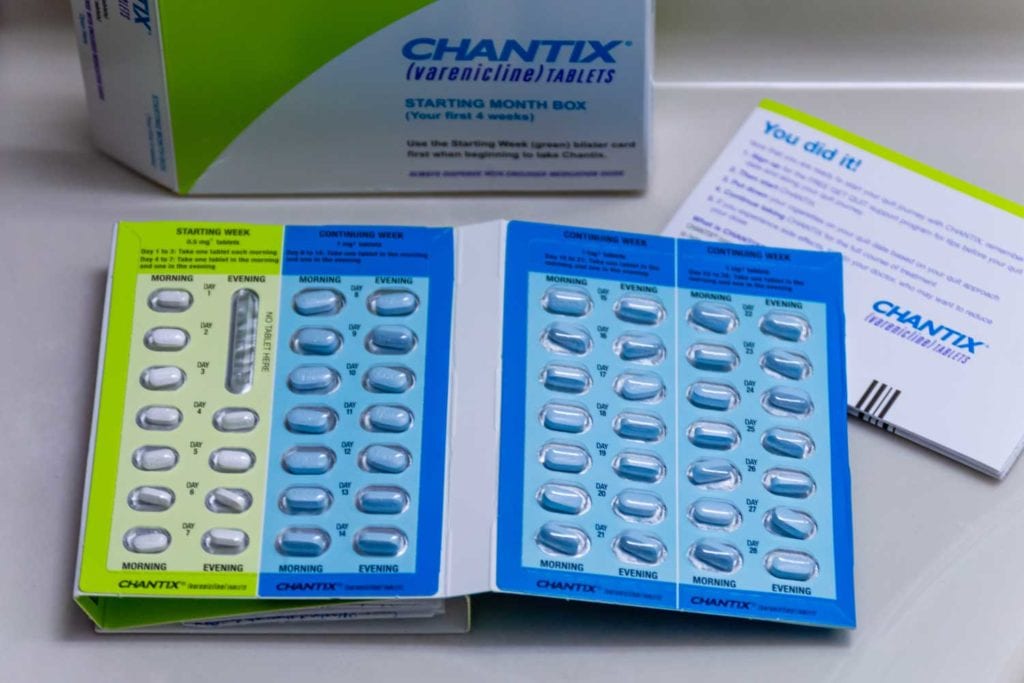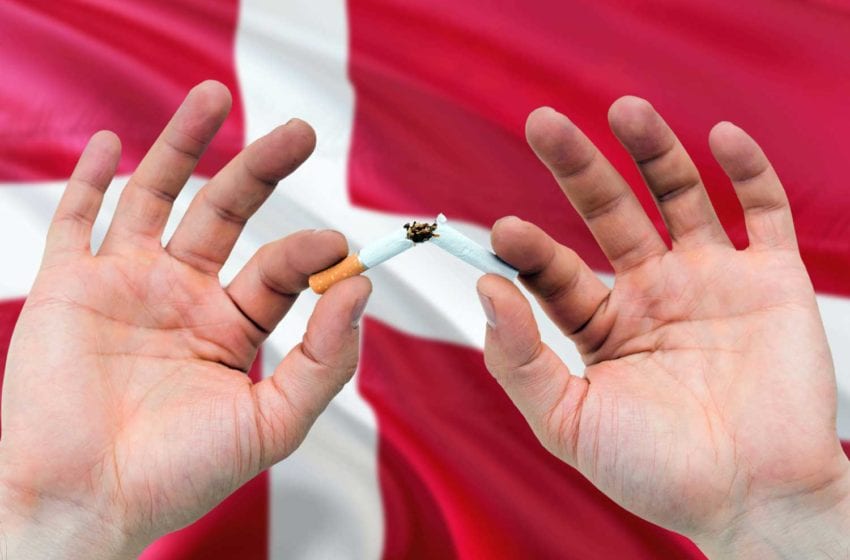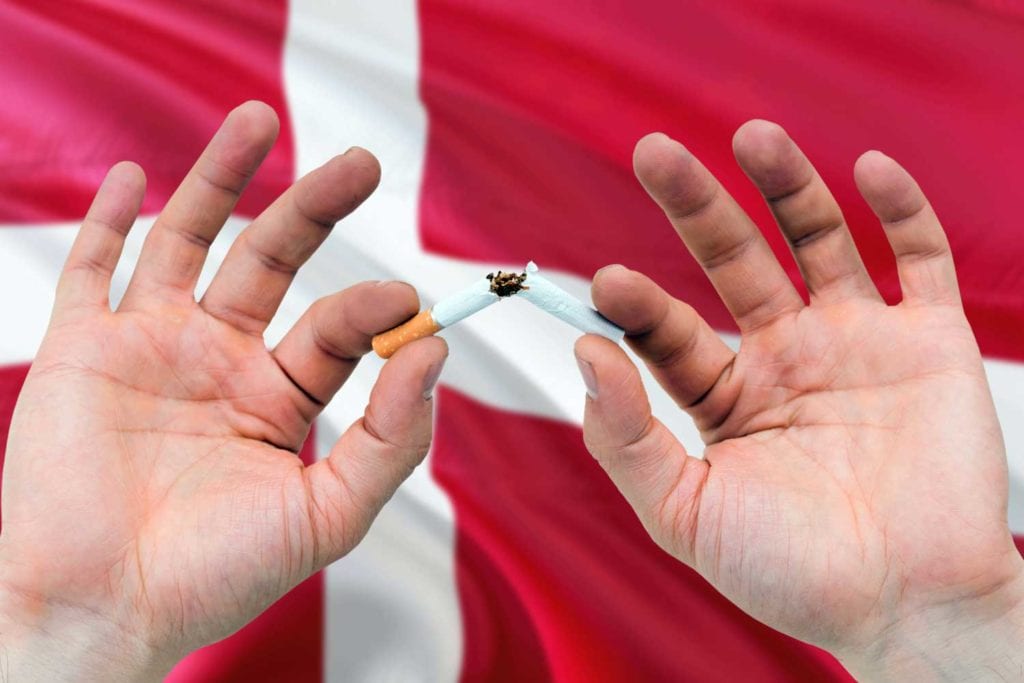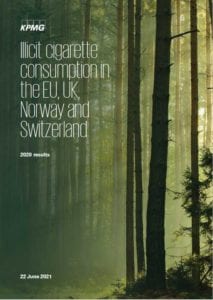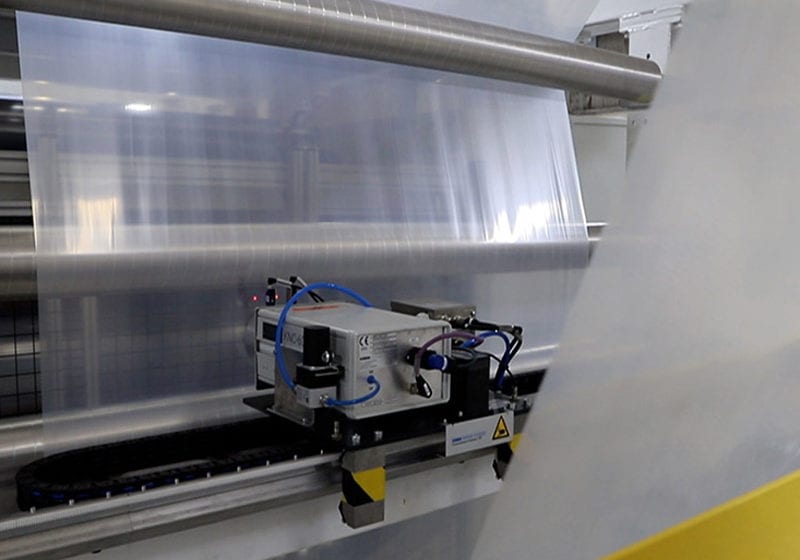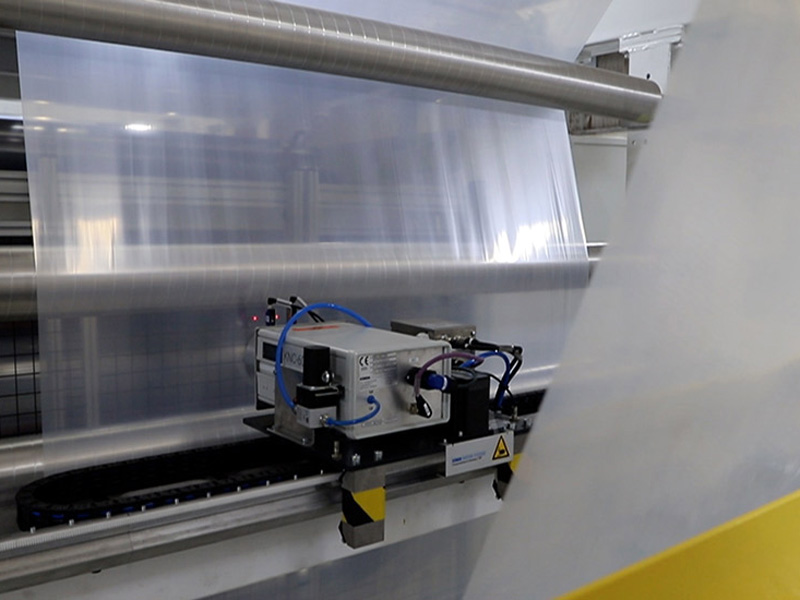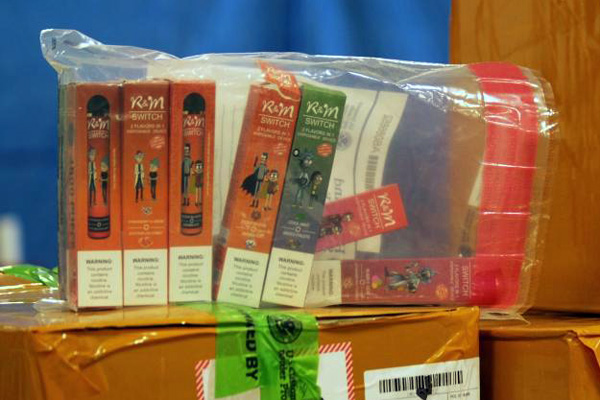
Specialist packaging solutions provider Parkside has announced it has placed significant investment in the latest flexible packaging production technology at its Malaysian headquarters.
Demand for hygienic, safe and convenient packaging is growing in the region, and as a result, Parkside has been investing in its production of high barrier and sustainable flexible packaging solutions at the facility. With a 10-color print press, three coater/laminators, three slitting lines and flexo plate making facilitates alongside a new business development strategy, the company is now targeting more categories within the Asia-Pacific food and drink sector.
“After the challenges of 2020, it’s clear that the way we manufacture, process and supply products has been changed for good,” said Global Sales Director Paula Birch, who was recently appointed general manager of Parkside Asia. “As consumer behavior and demands have evolved in the region, the supply chain has adapted. How closely brands can reflect the needs of shoppers—and how effectively they can use this to shape their operations—is set to prove a real differentiator as they adapt their strategies, and we are here to help!
“We have a fantastic best-in-class facility in Kuala Lumpur able to produce a wide range of flexible packaging solutions from lidding films and bags through to next-generation compostable and recyclable sustainable pack designs.
“We are widely known in Asia for our tobacco products, but we are so much more than that. We have the perfect product portfolio to address these emerging consumer trends, and it is vital moving forward [that] we ensure brands are aware of our capabilities.”

